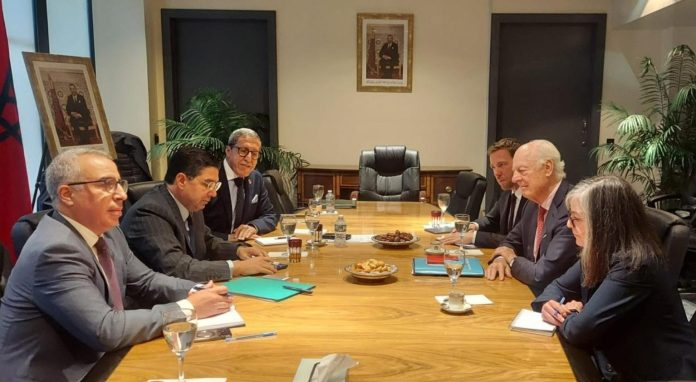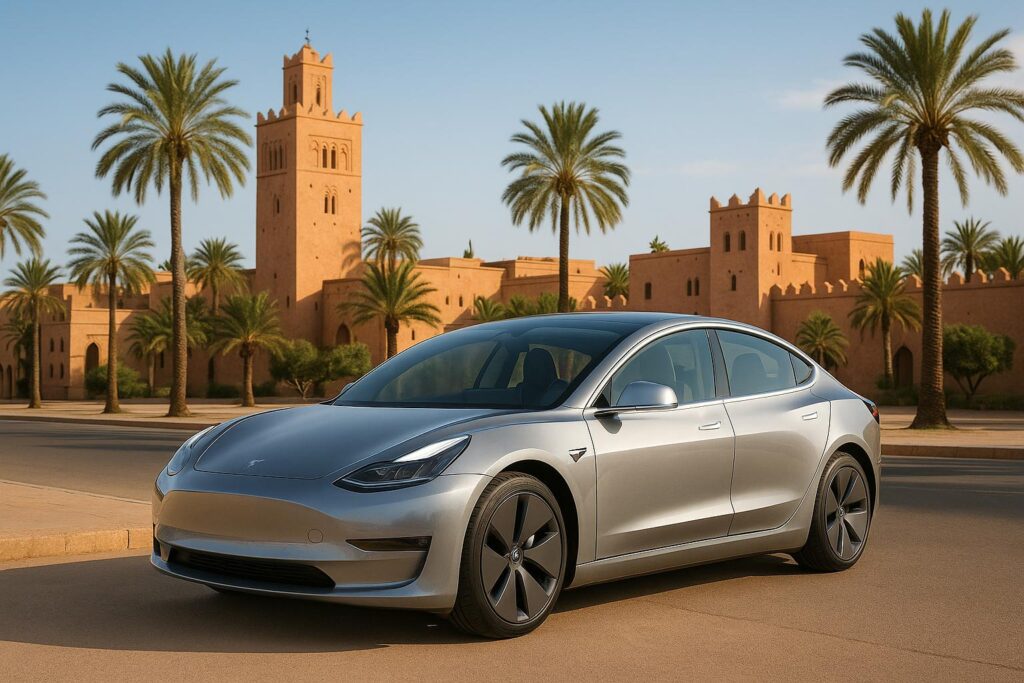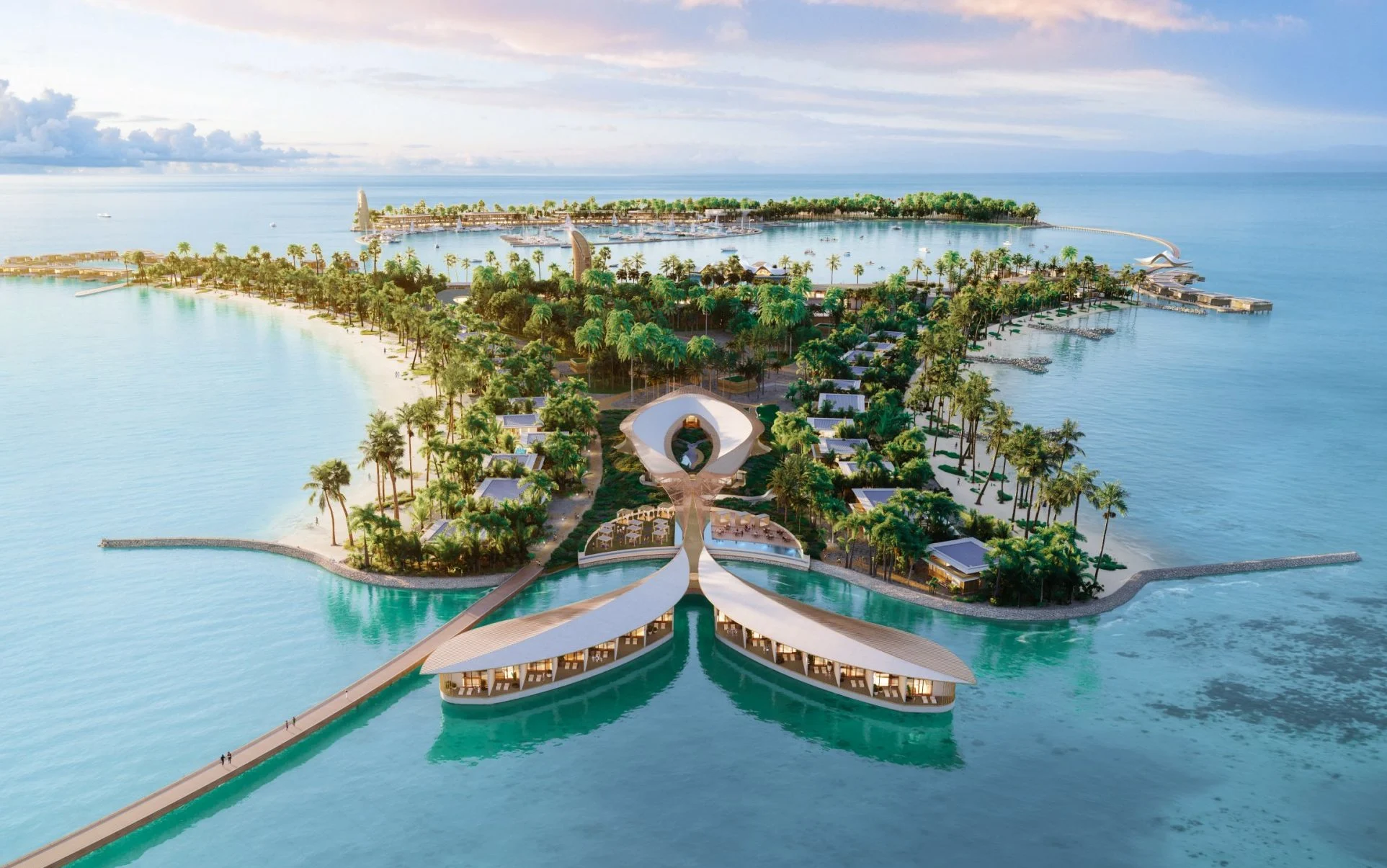The balance of power in this long-frozen conflict is shifting, quietly, steadily and, above all, in Morocco’s favour. Western Sahara does and will always belong and remain Moroccan.
By any measure, the latest encounter in New York between Morocco’s foreign minister Nasser Bourita and UN envoy for Western Sahara Staffan de Mistura was more than a routine diplomatic courtesy. Behind the formal smiles and cautious language, the meeting encapsulated a decisive moment in one of the world’s most protracted disputes.
For decades, the Western Sahara question has languished in the corridors of the United Nations, mired in recycled rhetoric and stalled negotiations. Yet the balance of power in this long-frozen conflict is shifting, quietly, steadily and, above all, in Morocco’s favour.
At the heart of Rabat’s confidence lies a simple, consistent message: the autonomy plan under Moroccan sovereignty is not just one option among many; it is the only credible pathway left. This clarity of vision, repeated by King Mohammed VI in speech after speech, contrasts sharply with the vagueness of separatist claims and the reactive posture of Algeria, the Polisario’s principal backer.
Diplomacy, in this case, is not merely about persuasion but about creating facts on the ground. More than thirty countries have opened consulates in Laayoune and Dakhla, signalling not only symbolic recognition but also economic intent. From Washington to Madrid, from Berlin to Paris, influential capitals now describe Morocco’s proposal as “serious and credible.” And more importantly, the international community increasingly acknowledges Morocco’s autonomy plan as the single, credible framework capable of bringing this conflict to a definitive close.
This transformation did not happen overnight. It is the result of a deliberate Moroccan strategy: patience over theatrics, gradual accumulation of support rather than dramatic gestures. Rabat has turned a defensive narrative, protecting territorial integrity, into an offensive one: presenting itself as a reliable partner for stability in North Africa and the Sahel, at a time when global powers are desperately searching for dependable allies in a volatile region.
De Mistura, for his part, has sought to explore the “margins of compromise,” a familiar UN formula. Yet Morocco has drawn a red line with unusual firmness: any process outside autonomy is a non-starter. This stance may sound uncompromising, but it is precisely this clarity that has earned Rabat respect. In an era of shifting alliances, where energy security and counter-terrorism dominate the agenda, Morocco’s predictability is an asset.
Meanwhile, the Polisario’s discourse, anchored in Cold War-era self-determination rhetoric, has lost resonance. Algeria, struggling with its own internal fragilities and external isolation, has seen its influence wane. The international community increasingly views the “status quo” not as neutrality but as instability, and instability in the Maghreb is a luxury no one can afford.
The Moroccan message in New York, therefore, was directed far beyond de Mistura. It was aimed at the Security Council, at African and Latin American capitals, and at an international audience weary of endless stalemates. Morocco is saying, in effect: the window for alternatives has closed; autonomy is not an option to be considered, it is the solution to be adopted.
If anything, this shift underlines a broader truth about diplomacy in the twenty-first century: legitimacy flows not from slogans but from the ability to deliver stability, investment and credible governance. By aligning its territorial stance with global interests in security and development, Morocco has repositioned itself not as a petitioner before the UN, but as a regional power setting the terms of debate.
In that sense, the meeting in New York was less about negotiation than about confirmation. Confirmation that the centre of gravity has moved, confirmation that the international consensus is hardening, confirmation that Rabat now speaks from a position of strength.
The Sahara conflict may not vanish overnight, but the trajectory is clear: autonomy under Moroccan sovereignty is no longer just Morocco’s proposal, it is fast becoming the world’s conclusion.




